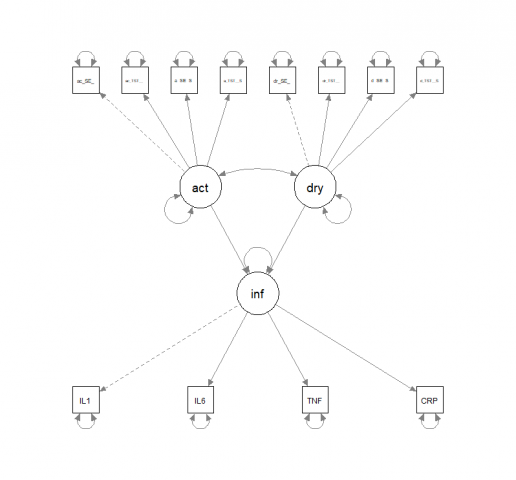Welcome to the Sleep and Health in Everyday Life (SHEL) Laboratory in the Department of Psychology at UNT. The SHEL-Lab was founded in 2019 by principal investigator Dr. Danica Slavish.
Sleep is critical for health and well-being, but approximately 1 in 3 U.S. adults reports insufficient or poor quality sleep on a regular basis. Sleep disturbances are also some of the most common complaints among those experiencing high stress or stress-related disorders.
Sleep is also a highly dynamic behavior that shifts in response to our daily experiences. Even for the same individual, no two nights of sleep are the same. How do our daily experiences of stress and sleep affect health across time? And why are some individuals more susceptible to stress-related sleep disturbances than others? These are the primary research questions we investigate in our lab.
Some of the specific research questions we are currently pursuing include:
- Are irregular sleep patterns a unique risk factor for disease?
- How do sleep disturbances impact PTSD onset and recovery?
- How do daily stressful experiences impact that night's sleep? How does sleep impact our subsequent emotional responses to next-day stressors?
- How do these associations vary across different populations (e.g., nurses, military personnel, shift workers) and social contexts?
To examine these questions, we assess people in their everyday environments, using non-intrusive surveys and ambulatory physiological assessments (e.g., actigraphy, salivary markers of inflammation). The ultimate goal of our research is to understand the biopsychosocial risk factors that increase susceptibility to sleep disturbances, in hopes of identifying targets to improve individuals' health and well-being. We also strive to promote transparency of our research methods by using the open-source statistical software R and by making our data publicly available on Open Science Framework.
For more information about our team and collaborators, please proceed to the People page. For information regarding ongoing research projects and lab-related news, please proceed to the Research and News pages.




